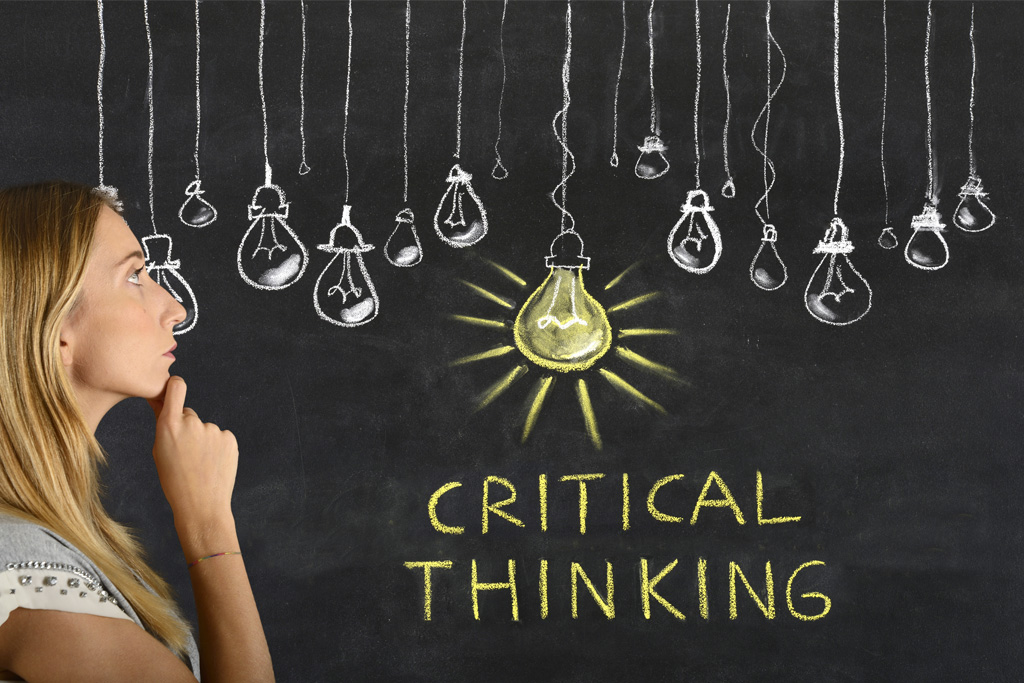We are hardwired to be lazy – One of the biggest problem we face today is lazy thinking. It’s in our nature. Our brains are wired to be lazy. When it comes to decision-making, we form opinions based on memories, first impressions and experiences. Critical thinking, an essential ingredient in a democracy, is often neglected, in favour of our natural inclination to come up with simple conclusions.
How often have you been in a social get together and in conversation with friends and family, only to hear someone rehash an opinion that they heard or read in the news as if it was their own and, even worse, as if it was undeniable? I find this situation somewhat challenging as I am a huge advocate for applying critical thinking before forming a strong opinion. But what can I do? I don’t want to ruin the vibe of the day by challenging my friend’s lazy thinking. I often find myself saying something along the lines of “I’ve looked into that and I still don’t know enough to make an opinion”.
Combatting lazy thinking and taking back control of our opinions
So while we are on the topic I would like to let you know there is a practical and refreshing alternative to simply accepting that which is presented to us via the media and legislation. I’d love to move to a democracy in which citizens are actively involved in legislation based on educated research. Which is why I volunteer my services to the New Democracy Foundation, which seeks to work with citizens and governments to reduce the adversarial approach and increase the collaborative approach to policy formulation. Simply put, it’s a research organisation, with the aim of pursuing a fundamental change in democracy to ensure citizens trust government decision making.
We have recently run a series of community consultation workshops to develop a recommendation to NSW State Parliament on the economics and security of energy generation in NSW. This is done by inviting a random sample of registered voters to attend the workshops and provide them with access to the world’s leading experts on various energy generation options. After listening to one expert and asking a series of questions, participants are taken through a facilitated process before listening to the next expert. The result is intended to be an educated group of concerned citizens making a well thought-out recommendation that will then be tabled in parliament.
The process is, of course, not perfect; there are a couple of drawbacks. Firstly, a group of about 100 voters is not a representative sample, and second, just because the report is tabled doesn’t mean it will be approved.
One thing, however, is certain: With the growing awareness and practice of education before legislation; there will be more people at social gatherings who, when someone says something vacuous, will be able to respond confidently, “I think you’ll find it is a little more complex than that”.
If you would like more information about citizen’s juries, would like to get involved in the New Democracy Foundation or need help in facilitating your own group decision making; please get in touch.
